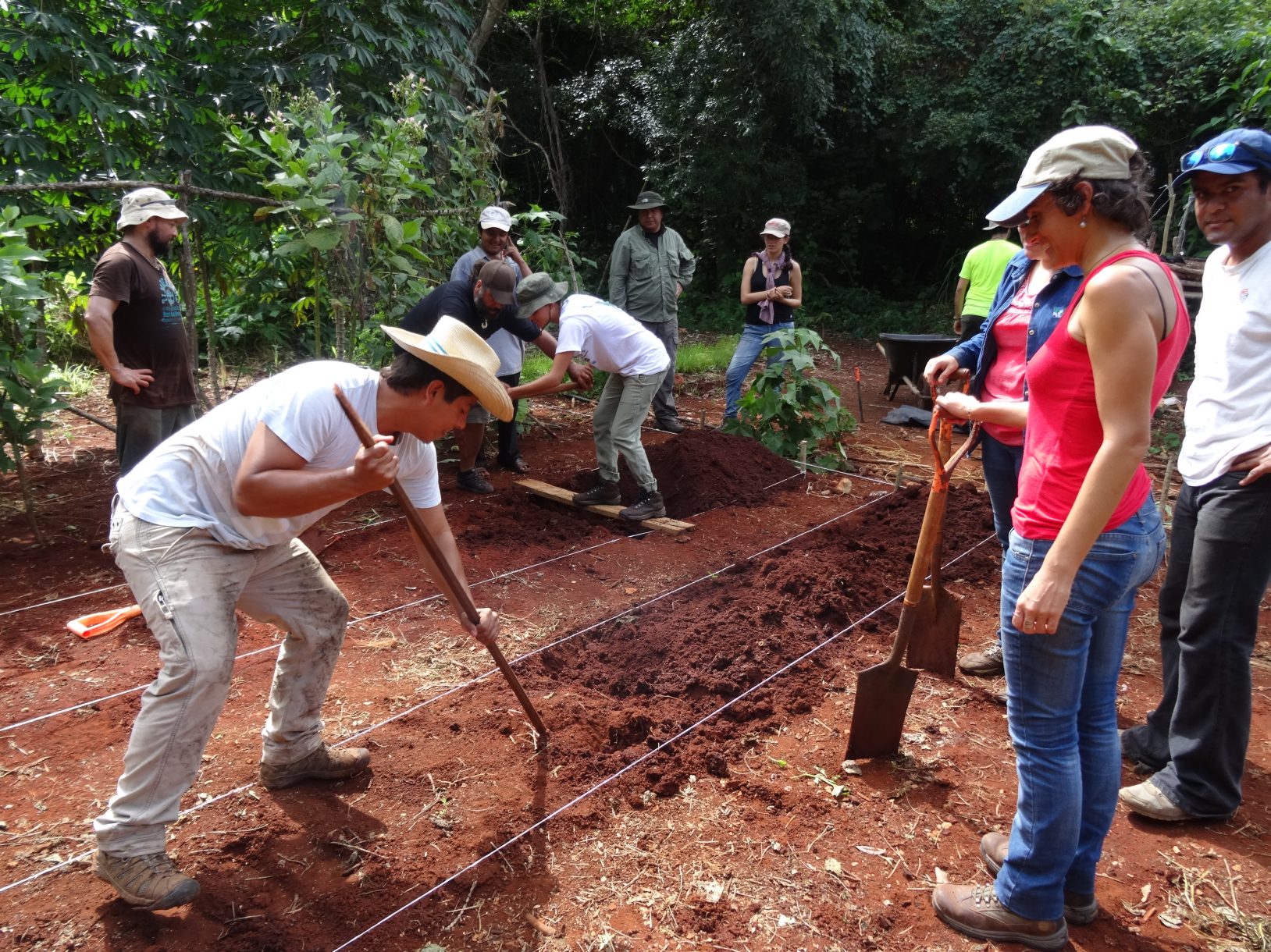I think we all consider the person or persons who pointed us in the direction of conservation and gave us the knowledge we needed to make a difference as some of the most important people in our lives.
For me, Bob Singleton is one of the greatest influences in my professional life. He taught me that wildlife management is really people management. It is human behavior that most threatens the biodiversity of this planet, and we must work with people to change those behaviors if we want true sustainability.
A system of parks, reserves and other protected areas is the backbone of any effort aimed at sustaining biological diversity. The creation of such protected areas has accelerated dramatically throughout Latin America, where many migratory and endemic bird species depend on them. Unfortunately, the lack of trained personnel to manage these areas is one of the most critical problems facing conservation in Latin America.
To address this challenge, Ducks Unlimited de México (DUMAC) has worked cooperatively with the U.S. Forest Service International Program, Dr. Edward D. and Sally M. Futch Foundation, Axalta Coating Systems, and other Mexican institutions to establish and maintain the Latin American Reserve Manager Training Program, or RESERVA.
RESERVA is an internationally recognized instruction course that provides advanced natural resource conservation training. The first internationally focused, hands-on, protected area training program in Latin American, RESERVA’s principal function is to provide the fundamental, practical skills necessary to effectively manage wildlands. Delivered in Spanish, the 62-day course is delivered by instructors with proven experience on each of the 14 instruction themes.
Participants are already responsible for administering important protected areas throughout the region. Through RESERVA, they learn tools they can immediately apply to their work, including how to identify watersheds and other areas that influence a protected area; how to read and interpret maps and aerial photos; and GIS design and application. They also gain an understanding of budgets, grant writing, communicating with various audiences, and fundraising techniques.
Following RESERVA, participants are fully equipped to develop a comprehensive management plan for the protected area, including working with surrounding communities to develop public use planning. To date, more than 561 professional managers working in Mexico, 22 other Latin American and Caribbean countries, and one African nation have graduated from the program and taken their new conservation knowledge home to share with others. These professionals have put their training to work to make better resource management decisions in their home countries.
“Give a man a fish and feed him for a day, or teach a man to fish and feed him for a lifetime.” By training natural resource professionals, we extend our reach and conservation impact across time and space. True, the bird conservation community must conserve habitat today to perpetuate bird species into the future, but we must also ensure an ongoing legacy of well-trained conservation professionals to carry on this important work.
And by venturing beyond habitat protection and into education, DUMAC is making a broader and longer-lasting impact for conservation, and sustaining both diversity and populations of birds for future generations.

